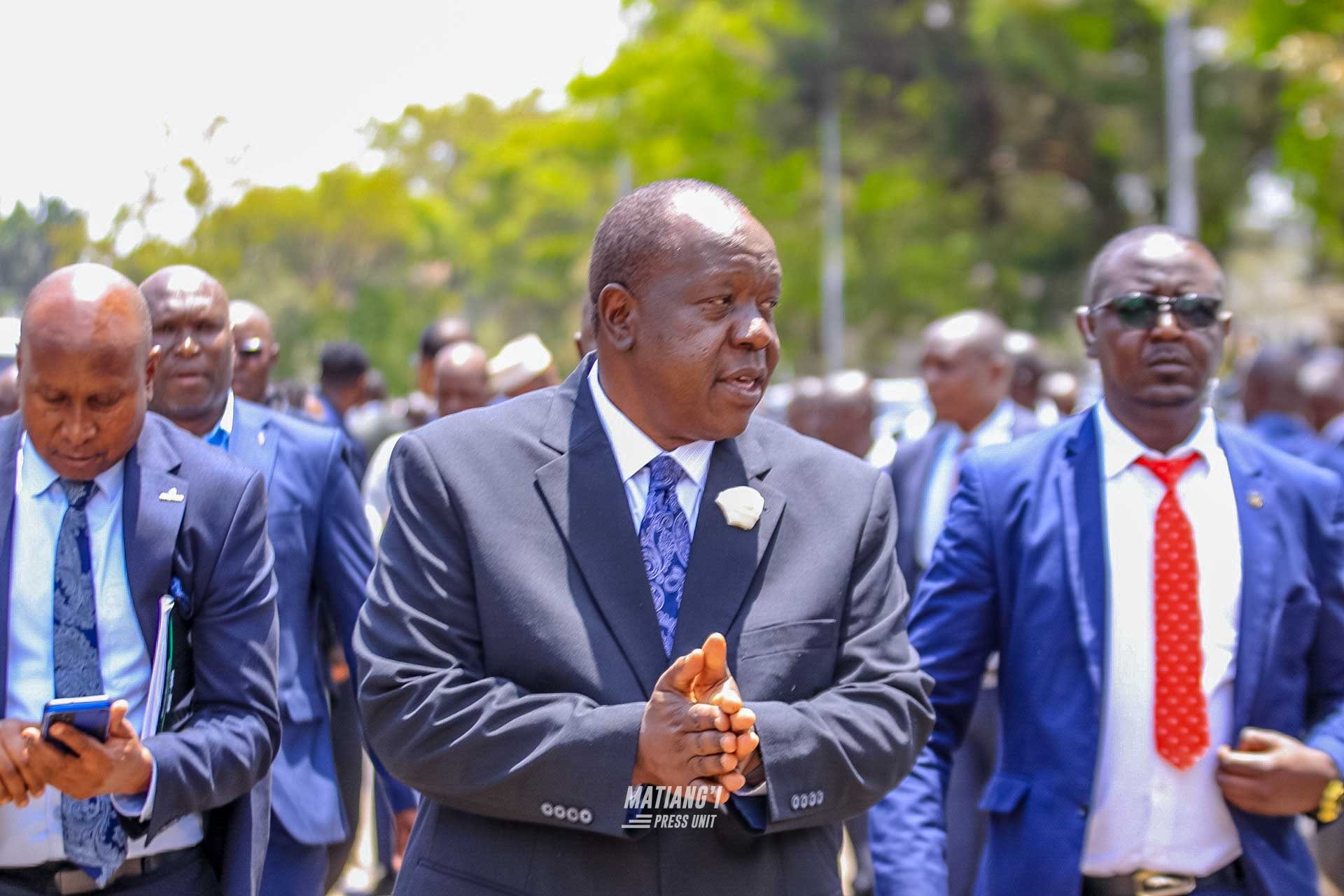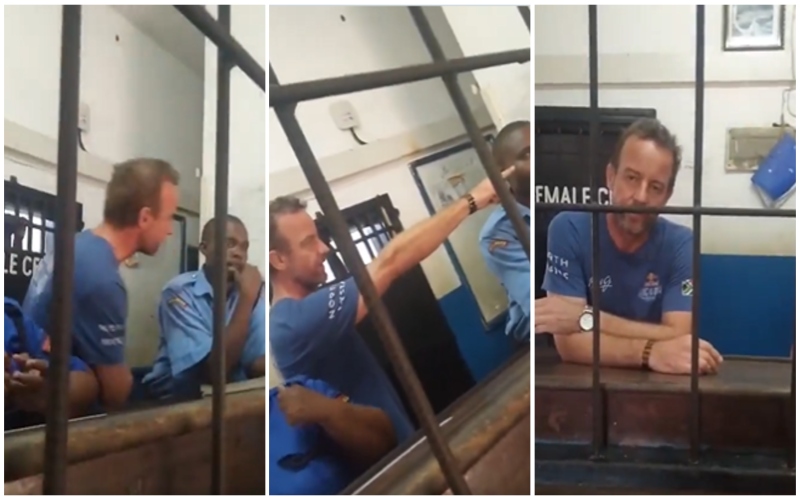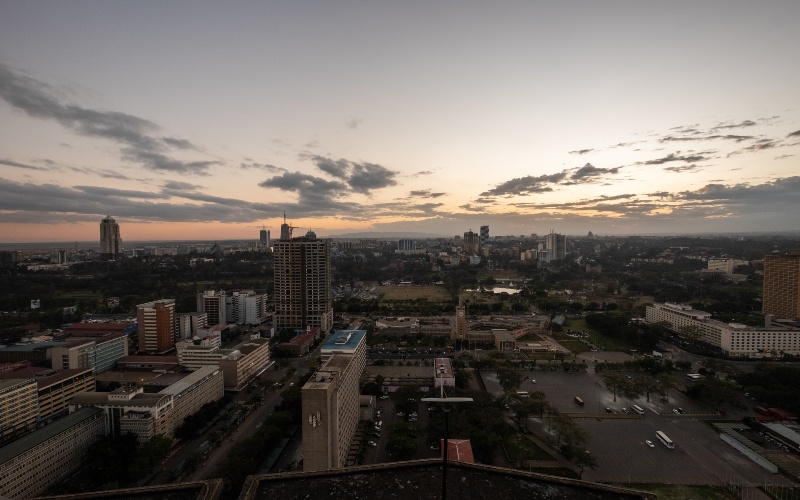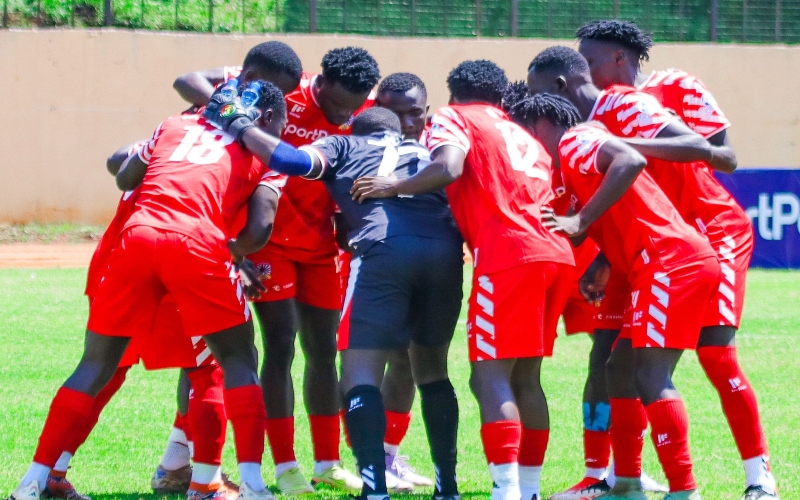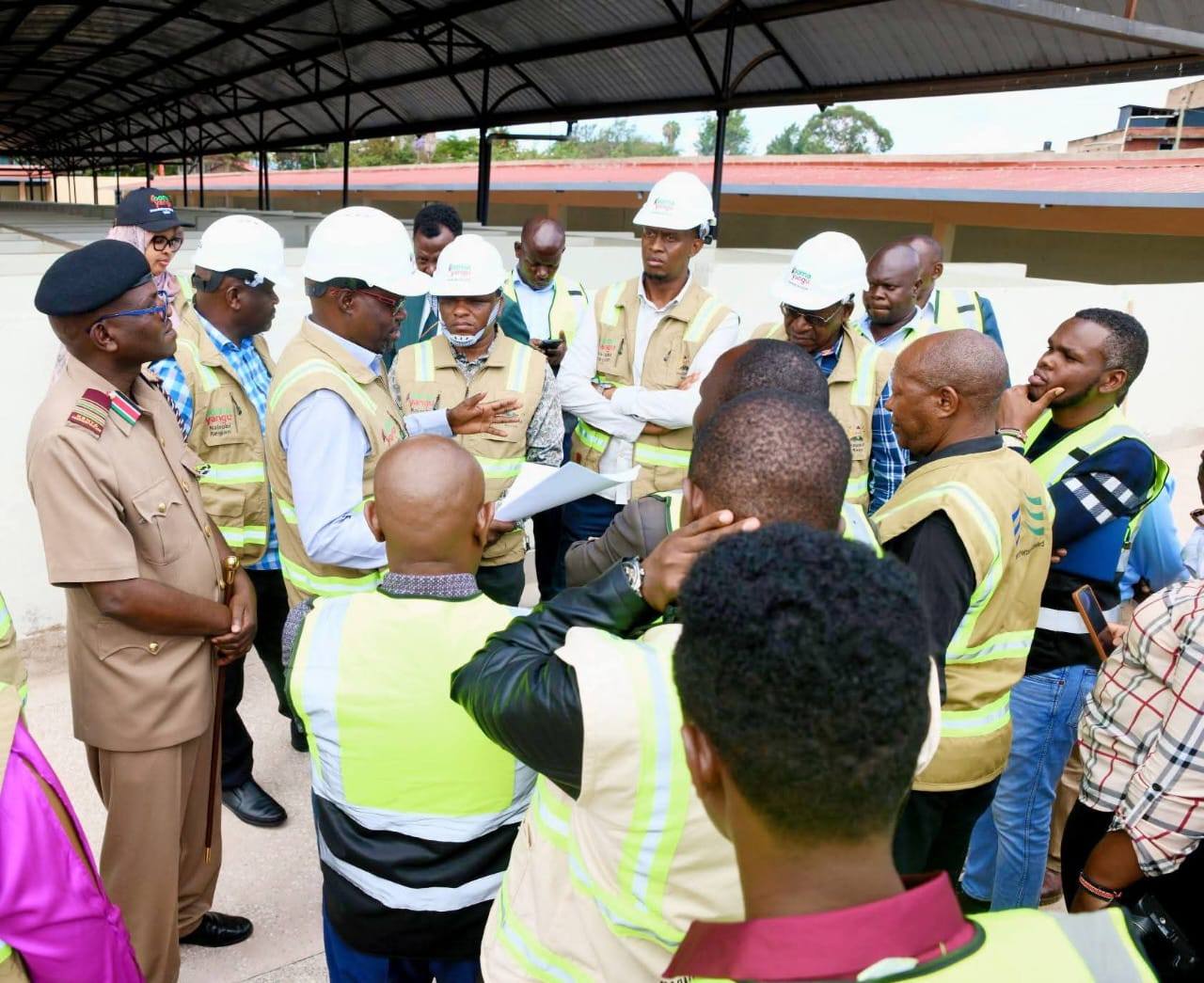Livestock ministry warns budget underfunding risks delaying crucial projects
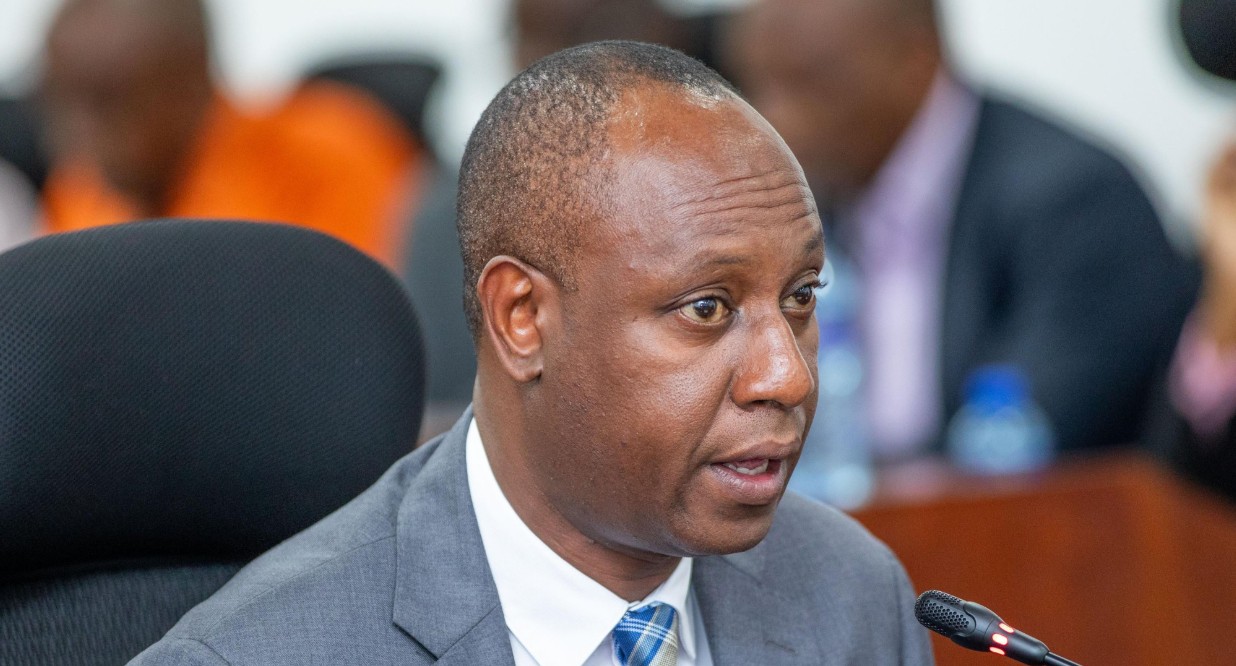
Principal Secretary Jonathan Mueke revealed that the department’s approved budget stands at Sh9.9 billion, split between Sh5.07 billion for recurrent expenses and Sh4.9 billion for development.
The State Department of Livestock Development has warned the National Assembly Committee on Agriculture and Livestock that severe budget underfunding risks delaying crucial projects and slowing down the entire livestock sector’s growth.
The department is urging a larger budget allocation for the 2025/2026 financial year to avoid these setbacks.
More To Read
At the committee meeting chaired by Dr John Mutunga, Principal Secretary Jonathan Mueke revealed that the department’s approved budget stands at Sh9.9 billion, split between Sh5.07 billion for recurrent expenses and Sh4.9 billion for development.
However, the department’s actual financial requirement is Sh29.5 billion, including Sh6.7 billion for recurrent costs and Sh22.7 billion for development.
“These budget cuts have led to a shortfall of Sh1.7 billion for recurrent expenditure and Sh17.8 billion for development expenditure. The shortfall will negatively affect the implementation of the key mandate, as well as delay in project completion timelines. The state department requests the intervention of this committee in enhancing the ceiling for effective delivery of the planned activities,” Mueke stated.
He stressed that the funding gap threatens the completion of important initiatives such as the finalisation of the Livestock Master Plan, distribution of milk coolers across all counties under the Livestock Value Chain Support Project, and capacity-building programmes for hides and skins value chain players through the hides, skins, and leather fund.
The committee members expressed concern over some projects that have not delivered expected results.
Milk coolers
Committee Vice-Chairperson Brighton Yegon questioned why the department had not followed up on previously distributed milk coolers, noting that many farmers have shunned them due to the high costs of running generators required to power the units.
Mueke admitted that the milk coolers and dryers distributed earlier were obsolete and blamed this on a lack of proper verification before distribution.
To prevent a repeat, the ministry is now sending internal auditors to targeted areas to verify whether adequate infrastructure exists before new equipment is given out.
“The new milk coolers that are set to be distributed will be solar-powered to address the issue of the high cost of maintaining the generator-powered ones,” he added.
Further, MP Patrick Osero urged the department not to abandon the Livestock Master Plan project, arguing that the country still lacks vital research and data needed to guide the sector’s development.
On the question of why the newly formed Livestock Marketing Board had no budget allocation, MP Farah Yussuf raised concerns about its operational capacity. Mueke replied that while funds had been requested to make the Board fully functional, none had been allocated so far.
Mutunga acknowledged the budgetary challenges but pledged the committee’s support to push for an enhanced budget. He cautioned the department, however, against failing to utilise funds properly.
“We are operating under an environment that is not very flexible, and we can’t promise a lot, but we will do what we can. We should also come together and deliberate on how to make the State Department come out of this pitfall,” he said.
The department’s call for increased budget allocation highlights the urgent need for adequate resources to boost Kenya’s livestock sector, improve value chains, and support farmers nationwide.
Top Stories Today
